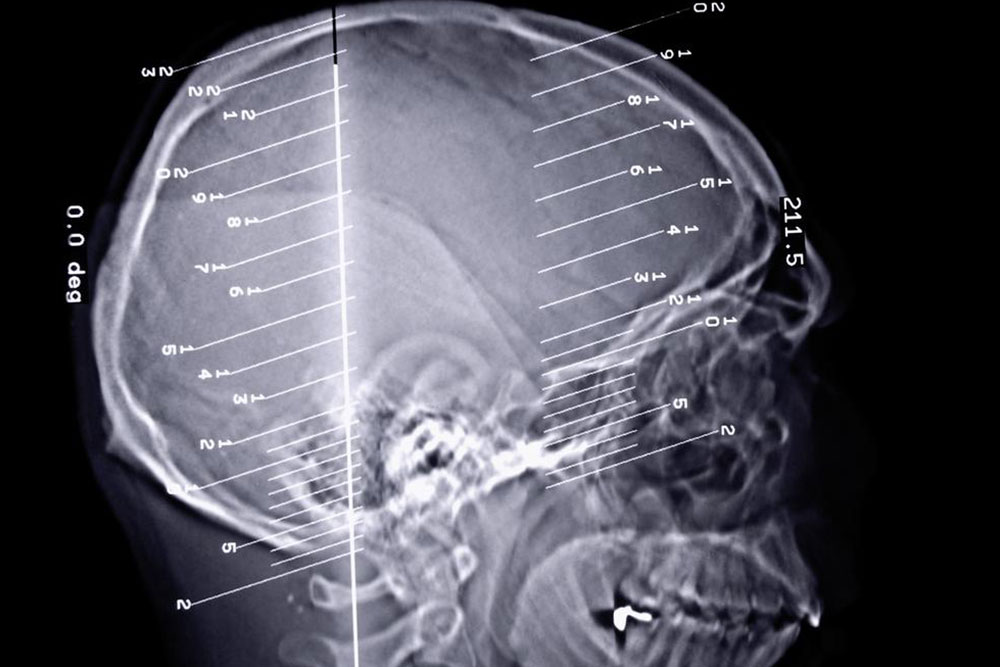Effective Strategies for Managing Epilepsy
Learn effective strategies to control epilepsy, including treatment planning, dietary habits, lifestyle changes, and support systems. Proper management can improve quality of life for those affected by the disorder.

Epilepsy is a neurological disorder characterized by abnormal electrical activity in the brain, leading to seizures, behavioral changes, and sensory disturbances. It affects approximately 50 million people globally and can vary in severity, with some individuals experiencing remission and others facing lifelong episodes. Managing epilepsy involves several proactive approaches:
Develop a comprehensive treatment plan: Promptly consult a healthcare professional to establish an appropriate medication or therapy regimen to control seizures.
Adopt a nutritious diet: Consuming balanced meals rich in carbohydrates, proteins, and essential nutrients supports overall health and may help mitigate symptoms.
Identify and avoid triggers: Limit intake of caffeine, sweets, and salty foods to prevent blood sugar fluctuations that could provoke seizures.
Implement lifestyle adjustments: Regular physical activity, sufficient sleep, and stress management are vital to reducing seizure risks.
Stay informed and seek support: Educate yourself about epilepsy, monitor seizure patterns, and seek emotional support from loved ones to enhance daily management.
Note: This information is for educational purposes and not a substitute for professional medical advice. Consult healthcare providers for personalized treatment.










